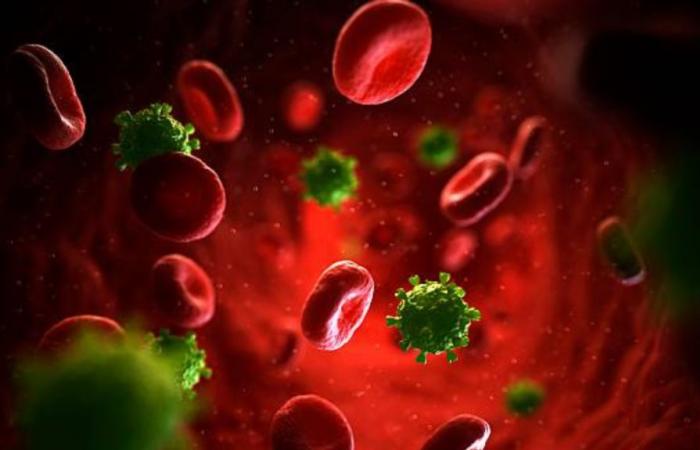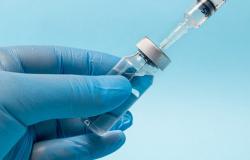In research carried out at the University of Amsterdam, in the Netherlands, a team of scientists managed, through a method known as the “CRISPR gene editing technique”, to eliminate the HIV virus from infected cells, which could ultimately represent, in the future, the cure for one of the most lethal diseases of the last century and still full of stigmas, AIDS.
Towards healing
“These findings represent a fundamental advance in the development of a healing strategy,” say the scientists responsible for the discovery in an article published for the European Congress of Clinical Microbiology and Infectious Diseases.
Using the CRISPR gene editing technique in the laboratory, researchers eliminated the HIV virus in infected cells. HIV uses defense units to multiply and, therefore, the idea is to completely eliminate it from the body — this way, medicines would not need to be administered for the rest of the patient’s life.
Research could mean a step closer to curing the disease (Photo: Reproduction/@kjpartender/freepik)
Research into a possible cure for HIV will be presented during the 34th European Congress of Clinical Microbiology and Infectious Diseases (Eccmid 2024), in Spain. Preliminarily, the study authors published a preprint — a scientific article without peer review — on the Research Square platform.
Results still premature
Arising from sexual intercourse without a condom and infection through the sharing of non-reusable materials such as needles and syringes, with the presence of blood or fluids contaminated by HIV, AIDS remains a disease without a cure, even if it is possible, both for the patient A carrier of the HIV virus, but without the manifestation of AIDS, as for a patient with the disease in their immune system, can have an almost normal life, if treated correctly.
However, despite optimistic results, it cannot yet be said that the discovery will represent an effective cure for the disease, as research studies are considered extremely premature. Furthermore, large-scale gene editing – the procedure used for the study – is a very complicated process, whose doctors and scholars have not yet measured the side effects of the technique and is therefore unpredictable.

Carriers of the virus and the disease still suffer prejudice in society (Photo: reproduction/@diana.grytsku/freepik)
In statistics published on the UNAIDS website in 2022, there are approximately 39 million people in the world living with HIV in 2022. To date, six patients have been considered “cured” of AIDS by undergoing a bone marrow transplant, a method of cure that has not yet been confirmed. by scientists;
It is also important to highlight that AIDS does not have a proven cure so far, but there is treatment, available through the Unified Health System (SUS). The infected patient, if he follows the treatment – normally based on the use of specific antivirals for the disease – correctly, can lead a practically normal life.
Featured Photo: Although there is no cure, AIDS has treatment that allows the patient to lead an almost normal life (Reproduction/Science Photo Library – SCIEPRO via Getty Images embed)
Tags: Scientists eliminate HIV virus infected cells promising research cure AIDS
--




